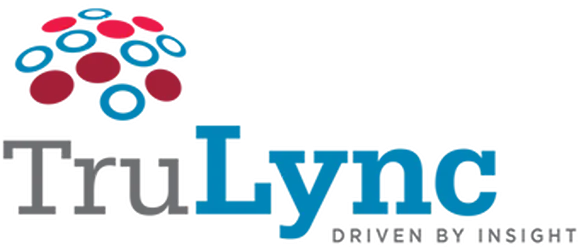Financial Education
Information and advice you can trust.
Find the resources you need to stay financially educated.
Financial Hardship Assistance
Apply for assistance to recover from difficult financial situations.
At NSP Credit Union, we understand that everyone goes through financial ups and downs. The last thing we want is for our members to fall behind on their mortgage or other loan payments when unfortunate financial situations come up.
If you’re struggling to maintain payments, please contact a loan officer. Provide an overview of your complete current financial situation, and we will take all things into account when it comes to working out a solution moving forward.
As a member-focused credit union, we’re always here for the betterment of our members. Let us know early on if you’re in a financial crunch, and we’ll work closely with you to find a manageable solution.
Identity Theft Info
Get professional advice on a variety of personal finance topics.
What is phishing?
Phishing is a fraudulent attempt, usually made through email, to steal your personal information. The best way to protect yourself from phishing is to learn how to recognize a phish.
Phishing emails usually appear to come from a well-known organization and ask for your personal information — such as credit card number, social security number, account number, or password. Phishing attempts often appear to come from sites, services, and companies with which you do not even have an account.
In order for internet criminals to successfully “phish” your personal information, they must get you to go from an email to a website. Phishing emails will almost always tell you to click a link that takes you to a site where your personal information is requested. Legitimate organizations would never request this information of you via email.
What to look for in a phishing email.
- Generic greeting. Phishing emails are usually sent in large batches. To save time, internet criminals use generic names like “First Generic Bank Customer” so they don’t have to type all recipients’ names out and send emails one-by-one. If you don’t see your name, be suspicious.
- Forged link. Even if a link has a name you recognize somewhere in it, it doesn’t mean it links to the real organization. Roll your mouse over the link and see if it matches what appears in the email. If there is a discrepancy, don’t click on the link. Also, websites where it is safe to enter personal information begin with “https” — the “s” stands for secure. If you don’t see “https” do not proceed.
- Requests for personal information. The point of sending phishing email is to trick you into providing your personal information. If you receive an email requesting your personal information, it is probably a phishing attempt.
- Sense of urgency. Internet criminals want you to provide your personal information now. They do this by making you think something has happened that requires you to act fast. The faster they get your information, the faster they can move on to another victim.

TruLync Medicare Advisors
Learn more about a Medicare plan that is right for you.
NSP Credit Union and TruLync Medicare Advisors have partnered to answer your Medicare questions! Whether you’re just getting started with Medicare or simply looking to learn more, the TruLync team is here to help. If you have any questions, please contact 1-800-477-0764.
By calling this number, you agree to speak with an independent health insurance agent about Medicare insurance products. We are not affiliated with Medicare or any government agency. We do not offer every plan available in your area. Currently, we represent eight organizations which offer 61 products in your area. Please contact Medicare.gov or 1-800-Medicare, or your local State Health Insurance Program to get information on all of your options. This is an advertisement.